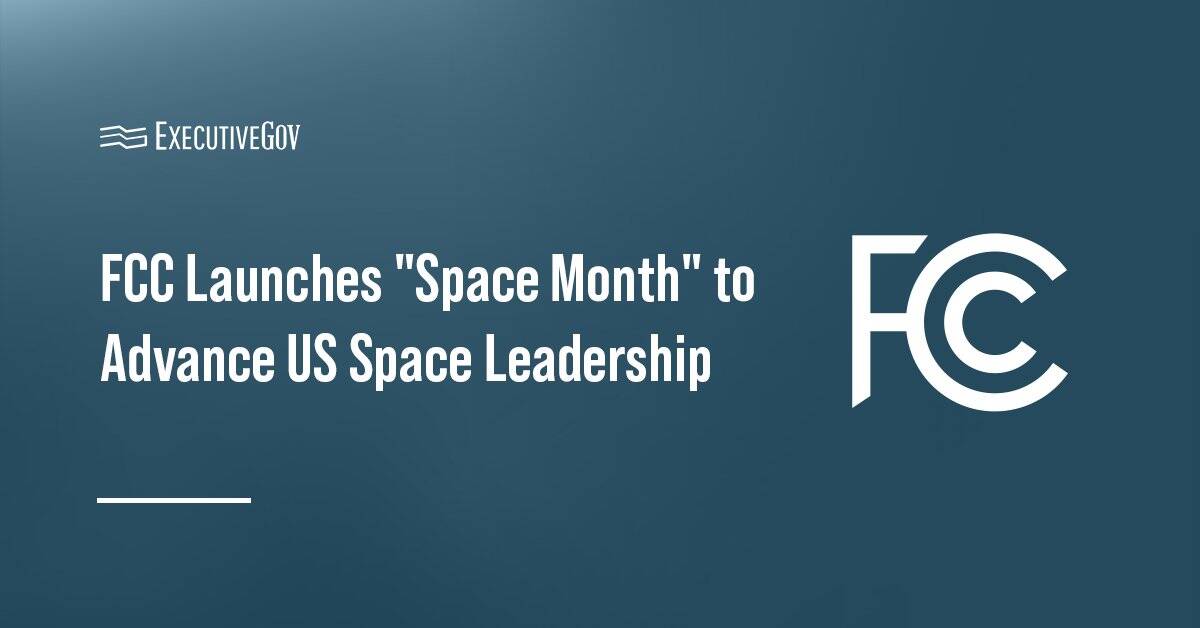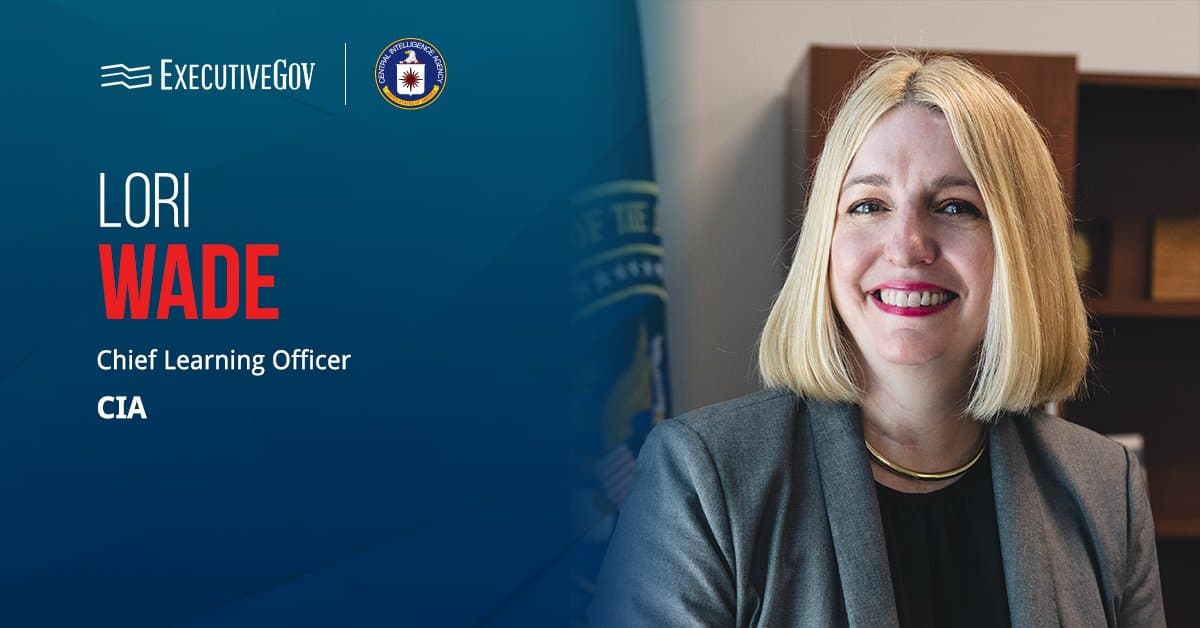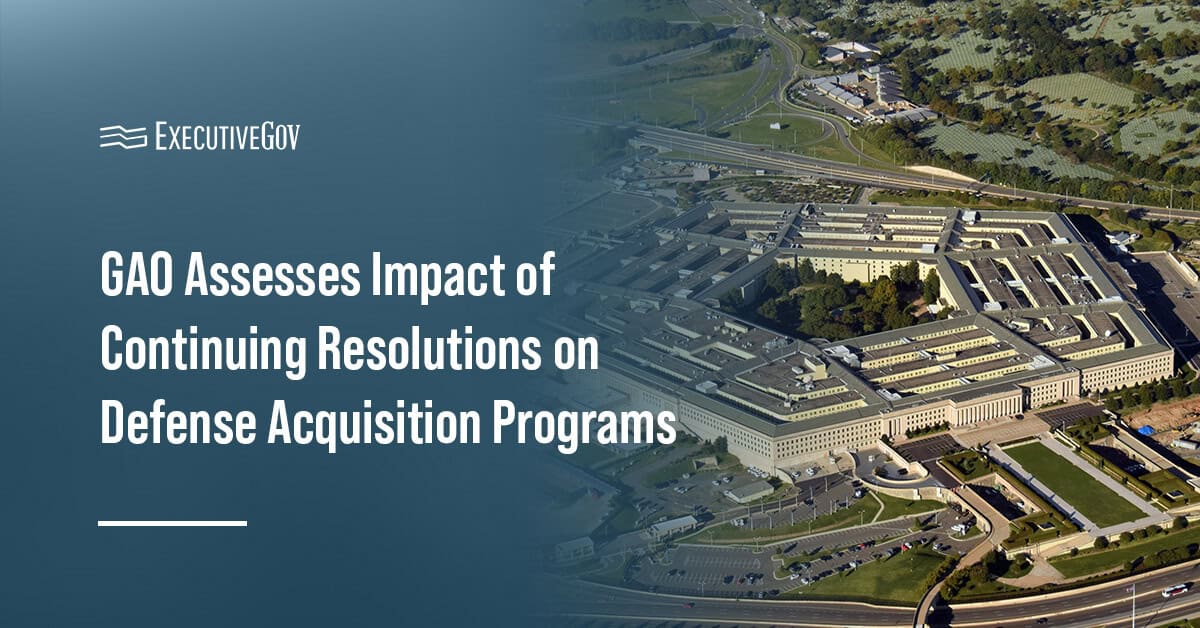Federal Communications Commission Chairman Brendan Carr has unveiled his “Space Month” agenda, a comprehensive initiative aimed at accelerating regulatory modernization and strengthening U.S. leadership in the global space economy.
Speaking at the opening of a new satellite manufacturing facility in El Segundo, Carr said the move marks a major step in the agency’s broader Build America Agenda, which prioritizes space innovation as a driver of national competitiveness and economic growth.
According to the FCC chair, the United States is entering a new golden age of space innovation, noting the agency’s goal of making the country the most innovation-friendly regulatory environment in the world for launching, growing and accelerating space operations.
Table of Contents
Modernizing Space Regulation
A centerpiece of Carr’s Space Month plan is a proposal to replace the FCC’s legacy satellite licensing process with what he described as a “licensing assembly line.” The initiative seeks to streamline approvals, reduce backlogs and implement predictable timelines for applicants.
The proposed framework would simplify applications, expedite cases presumed to serve the public interest and grant licensees greater operational flexibility. Carr said the approach replaces the FCC’s “default to no” process with a “default to yes” framework.
Another proposal would update decades-old rules governing Earth station siting and use of the upper microwave flexible use bands. The FCC aims to make more efficient use of spectrum resources and facilitate coexistence between satellite operations and 5G networks.
Building Momentum for US Space Dominance
The Space Month initiatives build on several actions the FCC has taken in recent months, including efforts to reduce satellite licensing backlogs, streamline modification approvals and open more than 20,000 megahertz of spectrum for satellite broadband.
Carr noted that the agency’s focus on “speed, simplicity, security, and satellite spectrum abundance” has already yielded progress. Since January, the FCC has cut its pending Earth station applications nearly in half and introduced a 30-day shot clock for renewal reviews.
The FCC has also advanced rulemakings to strengthen GPS services and examine spectrum-sharing frameworks for next-generation satellite broadband systems.
Space Race 2.0
Carr compared the current wave of private-sector space innovation to a modern-day “Space Race 2.0,” emphasizing the growing competition from China and the importance of maintaining U.S. technological leadership. He credited President Donald Trump’s executive order earlier this year for catalyzing interagency efforts to streamline space regulations and boost research and development investment.
“President Trump has been clear that the U.S. will dominate once again,” Carr said. “Like the Space Race of 60 years ago that I just spoke about, the U.S. is going to rely on the innovators right here in El Segundo to help power America to the win.”
Four-Stage Transformation
Carr outlined a four-phase framework for reforming the FCC’s space governance: eliminating backlogs, removing unnecessary rules, modernizing systems and, ultimately, automating core processes. He said these steps will allow the FCC to better support the record growth of satellite constellations, Earth stations and commercial missions.
The chairman called for a more ambitious approach to space research and development, urging American institutions to focus less on predictable outcomes and more on transformative innovation.
“Please know that you have committed partners at the FCC and in Washington who are doing everything we can to make your next big breakthroughs possible,” Carr said.





